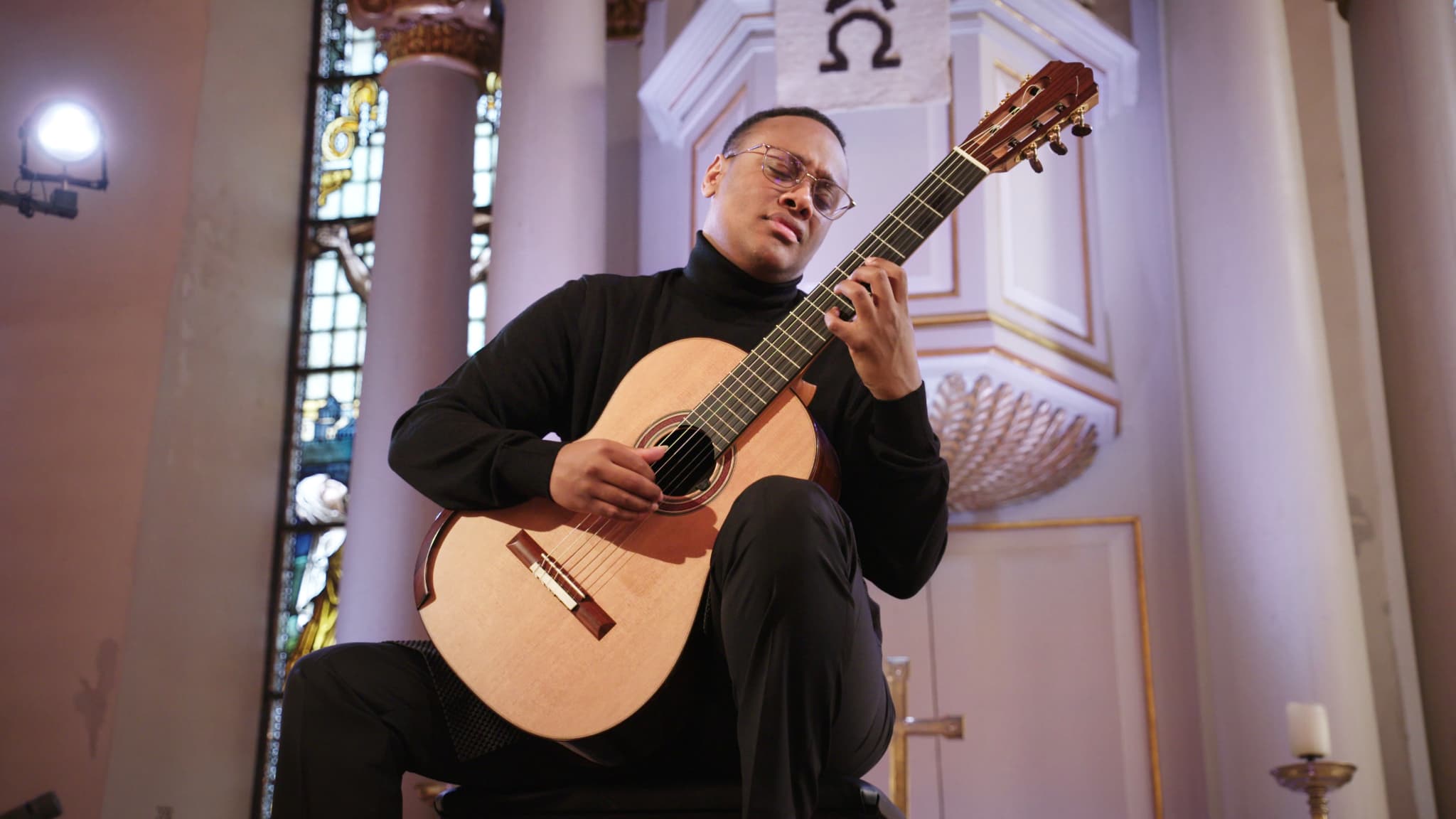New on STAGE+
Albums
About
Astor Piazzolla

Astor Piazzolla took the tango tradition of his native Argentina and transformed it into a music that crossed continents and defied genres. He was born in Mar del Plata, Argentina, the son of a bicycle dealer. When he was four, the family moved to New York, where his father bought him a second hand bandoneon (the large accordion-like instrument typical of Argentinean dance bands). By the time he was in his mid-teens the family had returned to Argentina and Piazzolla was performing tangos professionally. Studies with the Argentinean composer Alberto Ginastera and (particularly) with Nadia Boulanger in Paris changed the course of his career: assimilating elements of contemporary jazz and classical modernism, he pioneered Nuevo Tango ("New Tango") – in his own words, "a popular chamber music that comes from the tango".
Touring and performing with his own ensembles, Piazzolla attracted controversy from tango traditionalists in Argentina, but collaborations with artists as varied as Lalo Schifrin, Mstislav Rostropovich and the Kronos Quartet helped to spread his reputation among jazz, classical and World Music audiences. Since his death in 1992 tangos such as Oblivion, Libertango and Adiós Nonino have become jazz standards, while his Four Seasons of Buenos Aires (1970), his Bandonéon Concerto (1979) and his "operita" María de Buenos Aires (1968) have taken a highly distinctive place in the classical repertoire.














